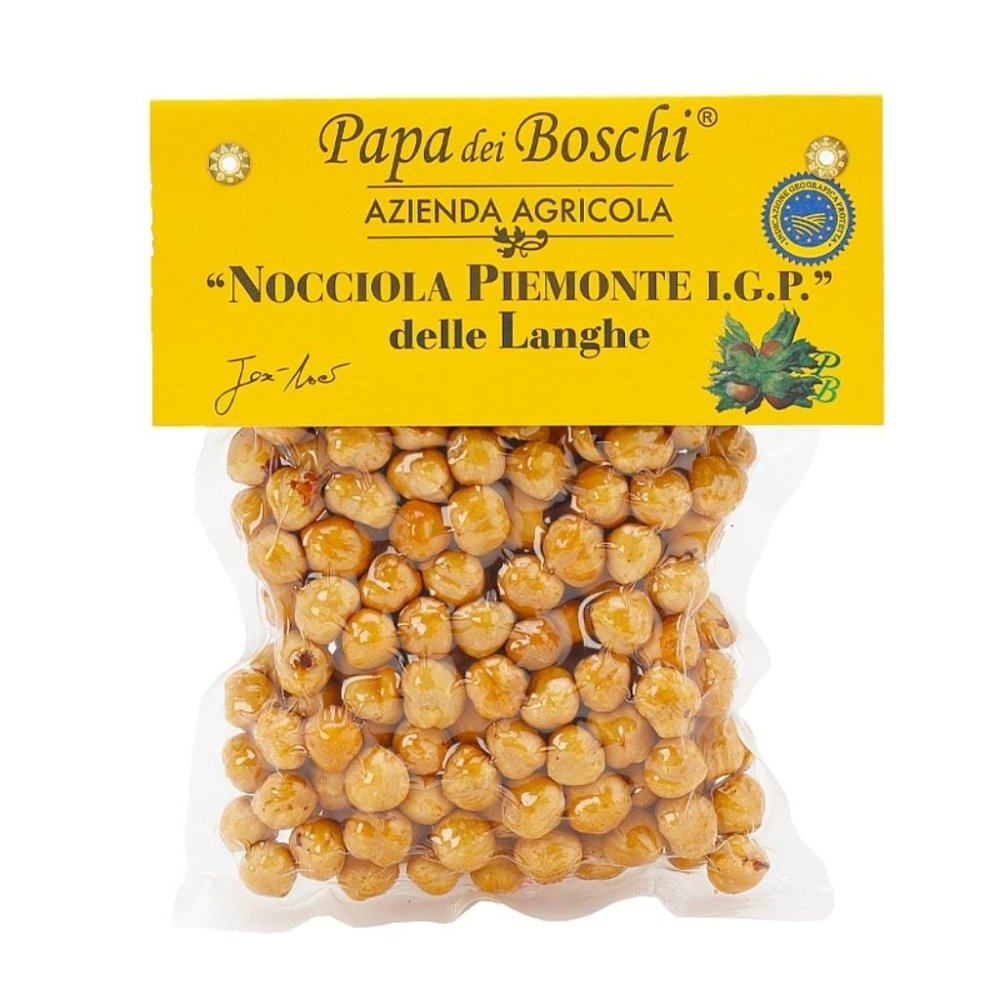Payment and shipping
The following conditions apply:
Delivery is currently only available in Germany, Austria and Denmark
Shipping costs (including VAT)
Deliveries to Germany with UPS, DPD, Hermes or DHL.
We calculate the shipping costs based on the order value (gross value of goods):
- Goods value up to €80.00 = €8.95 with DHL, €6.95 with DPD, Hermes or UPS
- For orders over €80.00 (after deduction of all discounts) we offer free shipping.
Shipping of heavy orders
For orders with a total weight of more than 10 kg, we reserve the right to ship exclusively via the shipping service providers DPD or UPS. This measure serves to ensure a reliable and efficient shipping process for heavier shipments.
We ask for your understanding for this regulation, which enables us to ensure smooth shipping even for larger order quantities.
Deliveries to Austria and Denmark
We calculate the shipping costs based on the order value (gross value of goods):
- Goods value up to 149.99 € = 15.00 € (UPS)
- For orders over 150.00 € (after deduction of all discounts) we offer free shipping.
Delivery times
Unless a different deadline is specified in the respective offer, the goods will be delivered domestically (Germany) within 5 to 7 working days.
If you have ordered items with different delivery times, we will send the goods in one shipment unless we have made different arrangements with you. In this case, the delivery time is determined by the item you ordered with the longest delivery time.
Accepted payment options
- Payment by credit card
- Payment via PayPal
- Payment via PayPal Express
- Payment by direct bank transfer (via Klarna)
- Payment via SEPA (via Mollie)
- Payment via Google Pay
- Payment via Apple Pay
- ShopifyPay
Further details on payment
If you pay by credit card, your credit card account will be debited when the contract is concluded.
If you have any questions, you will find our contact details in the imprint.





